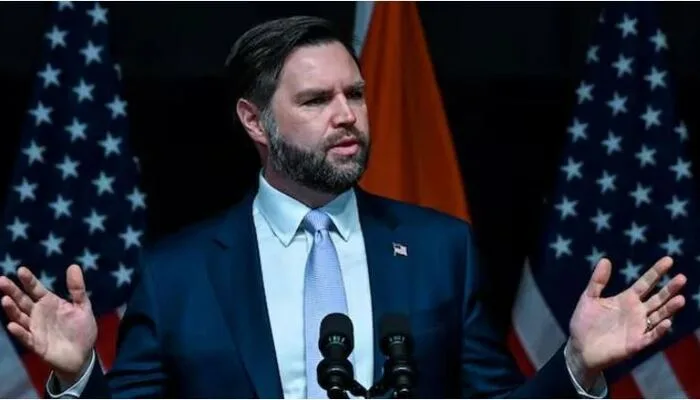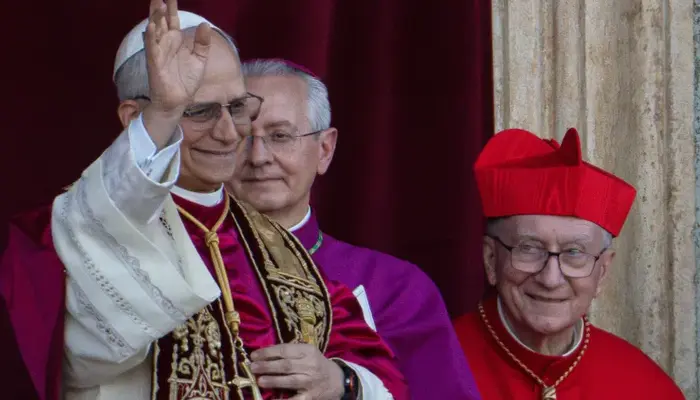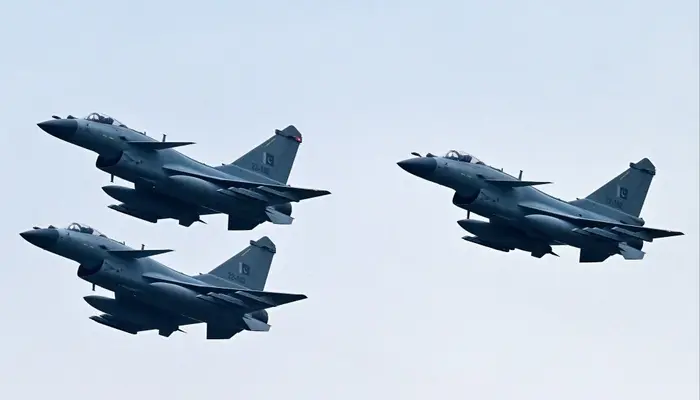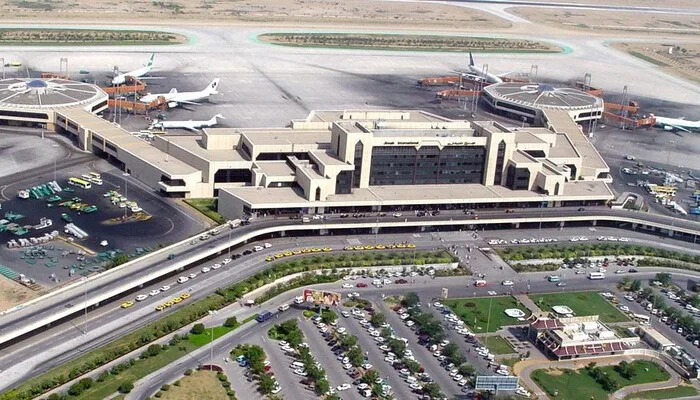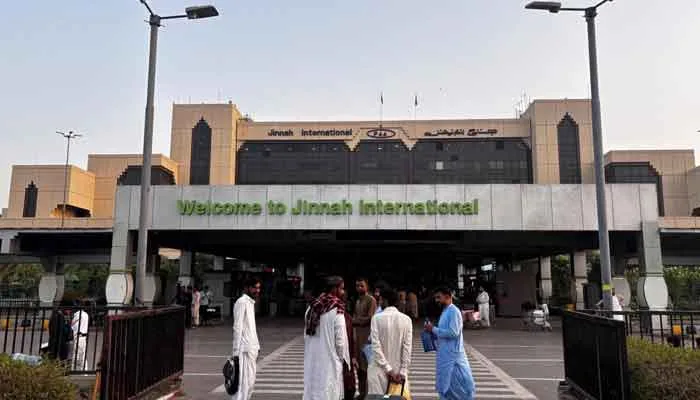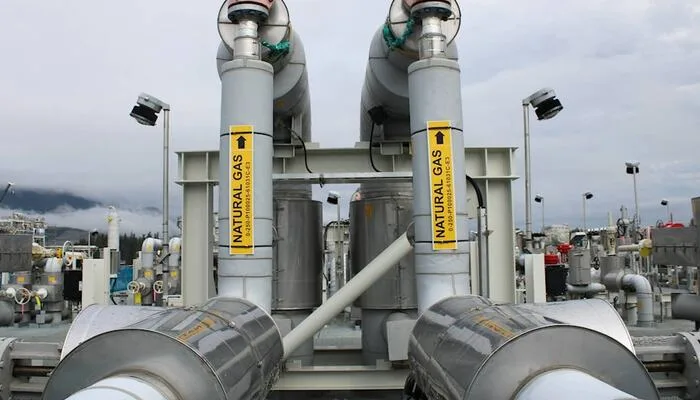
The federal government has yet to make a final decision regarding the proposed increase in gas tariffs for Captive Power Plants (CPPs). The delay comes despite pressure from various quarters, including the International Monetary Fund (IMF).
Petroleum Division Suggests Gas Supply Disconnection
The Petroleum Division had initially recommended disconnecting gas supplies to CPPs as an alternative to increasing tariffs. However, the IMF rejected this proposal, citing concerns over its potential impact on the country’s energy supply chain. This has left the government in a difficult position, needing to meet IMF conditions without adversely affecting the CPPs.
While the Petroleum Division’s plan has been shelved, the IMF continues to press for a gas tariff adjustment as part of Pakistan’s ongoing economic program. The IMF insists that the increase is necessary to ensure fiscal sustainability. However, this remains a contentious issue, as the government continues to seek a solution that would balance these economic needs with the concerns of the affected industries.
CPPs Strongly Oppose Tariff Increase
Captive Power Plants have strongly opposed any tariff hike. The plants argue that higher gas prices would increase their operational costs, which are already under significant strain. They argue that the current rates are fair and should be maintained. CPPs claim that increasing the tariffs could threaten their ability to continue operations, with some warning of potential shutdowns if the hike goes ahead.
The CPPs have also indicated they will challenge any disconnection of gas supplies in court. While they have expressed willingness to comply with any notified tariff changes, they have made it clear that they will not accept a move that would undermine their businesses.
Read more: PTI Presents Demands as Government Pursues Dialogue for Stability
Government Preparing for Gas Tariff Rebasing
The government is moving ahead with plans for a gas tariff rebasing, which is expected to take place later this month. The adjustment is part of the government’s commitment to meeting IMF requirements. The proposed increase could see a jump of up to Rs. 1,100 per MMBTU in gas prices for CPPs. These new rates are anticipated to come into effect by February 2025.
Despite the uncertainty surrounding the tariff hike, sources from the Finance Ministry suggest that the final decision will be made soon. The Prime Minister is expected to review the tariff hike summary before making a final determination. This decision will likely have far-reaching consequences for the country’s energy sector and its economic future.
The ongoing debate over gas tariffs reflects the delicate balance the government must strike between fulfilling international obligations and addressing the concerns of local industries. As the situation continues to unfold, all eyes will be on the government’s next steps.
Follow Day News on Google News, Instagram, YouTube, Facebook, Whats App, and TikTok for latest updates



